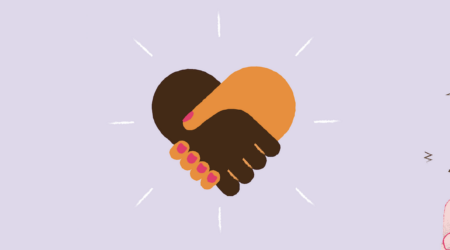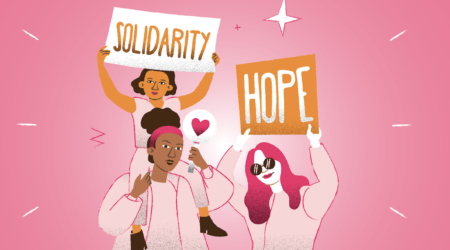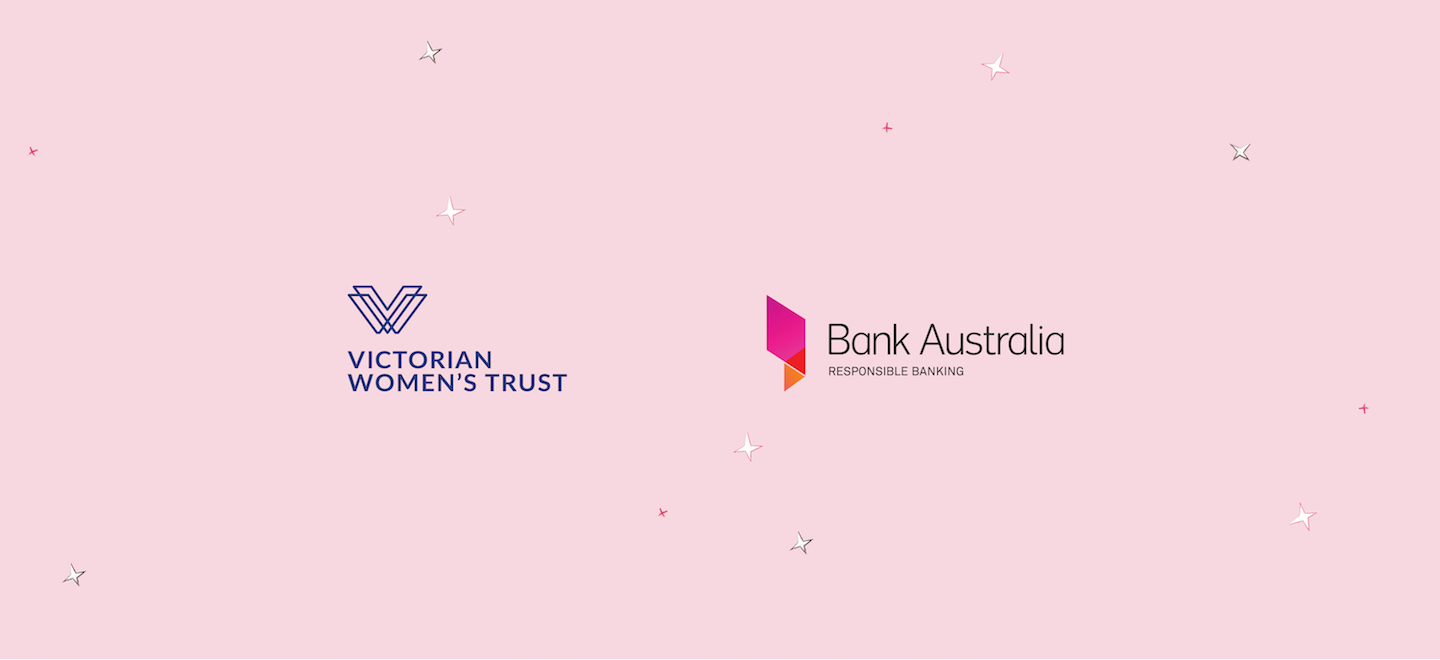Women in Business
In the last twenty years, a third of people starting businesses in Australia have been women.1 Although the rise in female owner-operators is happening at a faster rate than men (7.6% in the last decade compared to 0.3% for men),2 it isn’t time to start celebrating yet.
Even when taking into consideration the current gender participation rates within the workforce, the number of women business owners make up 12% of employed women, while men who operate their own business represent around 20% of employed Australian men.3
When we get down to business, it’s clear that women are still not equal in Australia. Women continue to face barriers in the business world such as unconscious bias and gender stereotypes, as well as difficulty accessing capital and professional networks which are integral to getting a business off the ground.4
Show us the money
The most significant barrier facing women entering business is access to capital (that is, access to loans and other forms of investment that businesses use to both start up and to grow). According to Pitchbook, a leading financial data provider that covers global venture capital, private equity and public markets, in 2018 women received just 2.2% of $130 billion in venture capital funding.5
Women are both underrepresented as business owners on the receiving end of investment and as the decision makers allocating investment funds to new businesses — only 11 of the 50 partners at the 13 largest venture capitalist funds in Australia are women.6 This means that start-ups who are trying to create novel solutions to issues faced by women can’t attract the funding they need.
Gender stereotypes + Unconscious bias in business
New businesses seeking investment usually go through a pitch process to attract the attention of a potential funder. Unfortunately, as the pitch process usually involves public speaking and commanding the attention of a room it is a prime opportunity for unconscious bias to creep in. Did an image of a man pop into your mind while reading that last sentence? You’re not alone. In fact, research in the US found that ‘investors prefer pitches presented by male entrepreneurs compared with pitches made by female entrepreneurs, even when the content of the pitch is the same’.7 There are also personal experience, socio-economic and cultural gaps which means women can struggle to get male investors to understand the need or see the potential value of their ideas.8
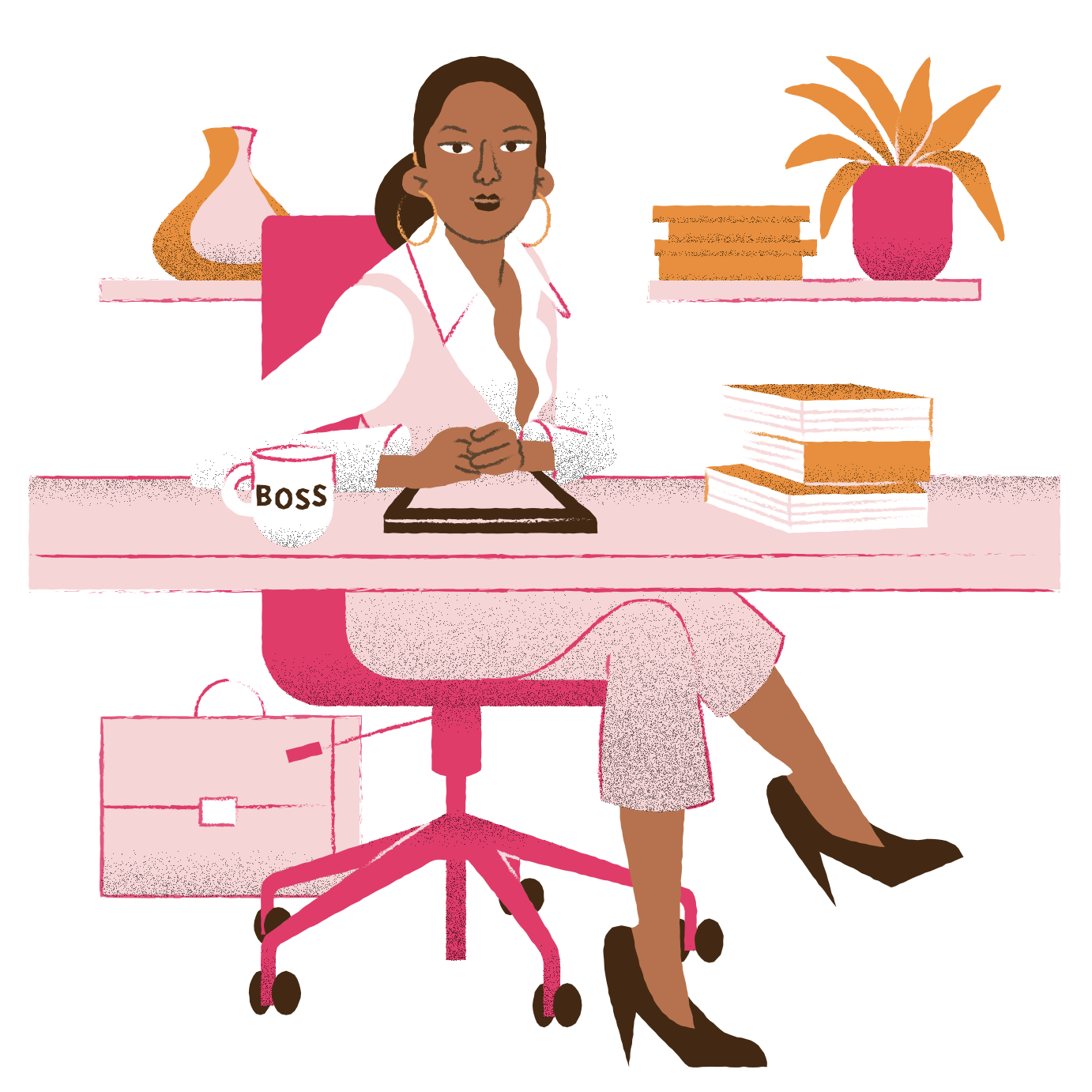
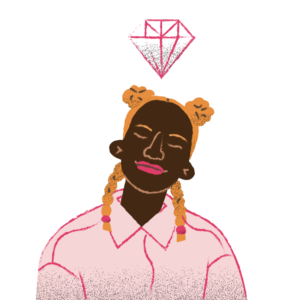
 Communication is key
Communication is key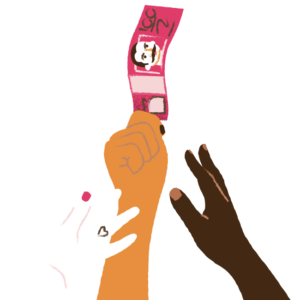 Value Your Work
Value Your Work
